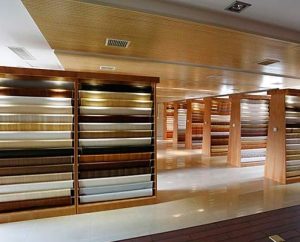Let’s talk about stoves Northallerton and kitchens. Think about this: You’re looking for comfort food. The pan makes a noise. The kettle is singing. It’s not magic; it’s simply science with a little bit of charm from the past. You might have learnt how to crank dials with as much assurance as a crazy scientist at your grandma’s house. Or maybe you’re the bold one, standing in front of a pile of wood outside and looking for the spark to start a fire on a rainy morning.
Gas stoves are known for being nasty. Turn the knob, and the electricity comes on in blue. They’re not patient. The flame licks your pot, and dinner happens quickly, as if the food has been waiting for you all day. Electric stoves work differently now. They take a long time to burn. When you switch one on, you have to wait a little while. The coil turns red, and then the kitchen gets warm with excitement. No open flames, less drama, but a constant heat that feels like it comes with a handshake and a nod.
If you look inside a wood-burning oven, you’ll see a tiny world. The wood makes a crackling sound. The embers are glowing. A long time ago, someone figured out that if you let heat slowly get in, bread would bake into something special: crusty on the outside and soft in the middle, like life if you squint. But sometimes you just need a fire. No dials. No wiring. All you need are some sticks, some time, and a little bit of archaic knowledge. Roasting marshmallows over an open flame is a trial-and-error process for clumsy hands and speedy desserts.
No matter whatever fire you choose, safety comes first. Sleeves that aren’t careful catch. Gas leaks can ruin your night. Watch out for drapes that catch fire and pots that bubble. A little care goes a long way—think of it as practical self-preservation.
Have you ever waited for stew to cook? It’s like watching paint dry, except waiting is smart. Fire, whether it’s in a box or outside beneath the sky, reminds you that technology needs a human touch sometimes. Stories move from one burner to another. People talk about secrets while the soup bubbles. Time moves more slowly. People get together. Hunger goes away.
You’re not alone if you’ve ever burned toast. Things go wrong sometimes. It can be hard to understand knobs. Sometimes flames dance too high. But every dish has forgiveness in it. The next meal is merely another chance to get it right, or at least to chuckle at how bad it is.
Stoves and fires are like old buddies. They give us food. They keep us warm. They’re easy and hard at the same time, and occasionally both. And in their light, stories come to life over and over again.








